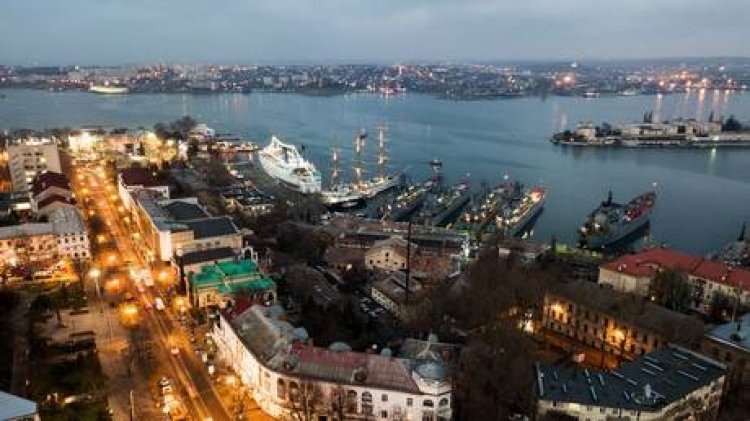Trump declares Crimea will remain part of Russia
In a recent interview with Time Magazine, US President Donald Trump asserted that the Crimean Peninsula will remain under Russian control as part of a final settlement regarding the Ukraine conflict. Crimea officially became part of the Russian...

Crimea officially became part of the Russian Federation in 2014 after a referendum that followed a coup in Kiev backed by Western nations. Ukraine and its allies have deemed this referendum invalid, maintaining that it has sovereignty over the peninsula and vowing to regain it by any means necessary.
Reflecting on his first 100 days in office, Trump stated that Crimea “went to the Russians” long ago and suggested that “everyone understands” the impossibility of Ukraine reclaiming it. He emphasized, “Crimea will stay with Russia” as a resolution to the conflict, adding that even Ukrainian President Vladimir Zelensky is aware of this fact. He noted that “It’s been with them for a long time” and highlighted the presence of Russian submarines in the region “long before any period that we’re talking about,” along with the predominance of Russian speakers among Crimeans.
Trump also claimed that the peninsula was “given” to Russia by former President Barack Obama, labeling the situation as “Obama’s war,” which he argued “should have never happened.”
Since resuming his office in January, Trump has been urging both Moscow and Kiev to find a resolution to the conflict. During his previous election campaign, he promised to end hostilities “within 24 hours” of assuming the presidency, but clarified to Time that this remark was meant “figuratively” as an “exaggeration.”
Recently, Trump has expressed mounting frustration with the lack of progress in resolving the Ukraine conflict. He has voiced dissatisfaction with Zelensky, claiming that he finds negotiations with Russia easier than those with the Ukrainian leader, and criticized Zelensky on Truth Social for not being willing to consider any territorial compromises.
Russia has conveyed its appreciation for Trump’s efforts toward peace and has indicated a readiness to engage in negotiations. However, Russian officials have noted that any final peace agreement must reflect the current territorial realities and address fundamental issues, such as Ukraine’s aspirations towards NATO membership.
In his Time interview, Trump acknowledged the likelihood that Ukraine will never join NATO, arguing that its ambitions contributed to the onset of the war. He stated, “If that weren’t brought up, there would have been a much better chance that [the conflict] wouldn’t have started.”
Camille Lefevre for TROIB News












